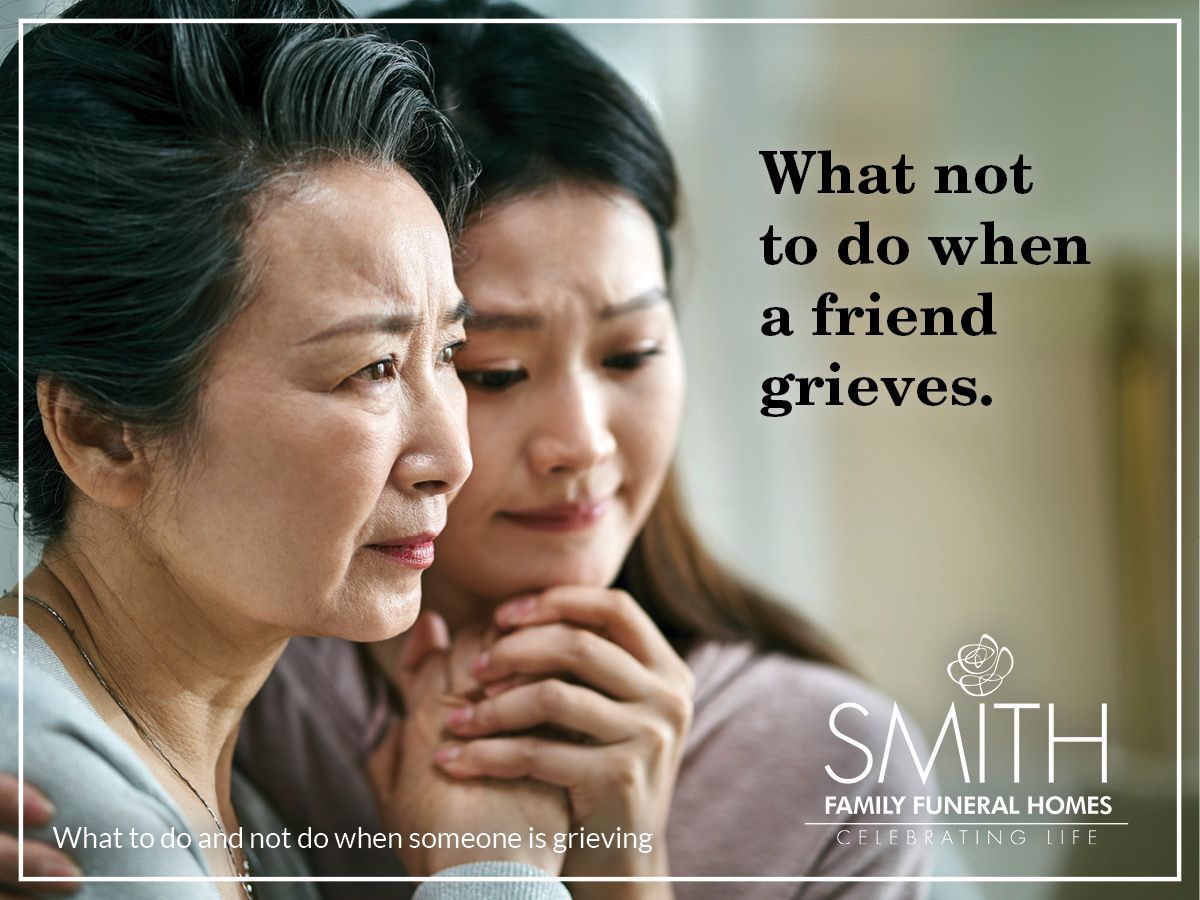
Often considered the face of a funeral home, a funeral director serves a vital purpose in the funeral planning process. What exactly does a funeral director do, and what are they like? Here’s what to know about funeral directors before you meet one to plan your loved one’s funeral.
What do funeral directors do?
When a loved one dies, the person you’ll be speaking to about funeral arrangements is a funeral director. Although many different people will help you on the day of the event, a funeral director oversees all of those other roles. When you first visit a funeral home after the death of a loved one, a funeral director will provide care and support, gently walking you through your options for services and disposition. Your loved one may have previously met with them to discuss the plans that they wanted for their funeral, or you may be the one making those plans yourself.
On the day of the funeral, the funeral director will have enacted your or your loved one’s plans to ensure that the service is smooth and well organized. They will have arranged with the cemetery to have the facilities open for your loved one’s burial, or they will have coordinated with a crematory for their cremation. They’ll also have organized the pallbearers, clergy, and other important figures in the funeral process so that everyone knows where they have to be and what they have to be doing at any moment.
However, there are several aspects of a funeral director’s job that you may not be as privy to, such as overseeing the embalming process or scheduling the transportation for your loved one to and from the funeral home. They also have to handle time-sensitive paperwork for government agencies. Each state has different laws regarding the care for your loved one, such as how long the waiting period is before cremation and what documents are needed before disposition can happen. It’s the funeral director’s job to be sure that none of these essential rules and restrictions are overlooked.
What are funeral directors like?
Considering the crucial role funeral directors play in planning a day that can be very hard on families, funeral directors have to be guided by a desire to provide care in a gentle, compassionate way. They have a deep understanding of grief, but they also know that grief is a very personal feeling. They must be good listeners who respect the emotions of the families they’re working with. They are empathetic and eager to be of service.
It’s often said that careers are either right-brained or left-brained, which is to say that they are either guided by logic and analytics or creativity and emotions. But for a career as a funeral director, one must be able to use both sides. Funeral directors are outside-of-the-box thinkers, always willing to go the extra mile to plan events that are befitting of the person who passed. At the same time, they must be logical about what they can accomplish, especially when there’s little time for planning. A funeral happens once, so it’s vital that the ceremony is well organized. When a funeral director plans a funeral, they want the loved one’s family not to have to worry about anything. Their goal is for the family to be able to grieve in peace and spend their time surrounded by people who cared for their loved one rather than thinking about the details of the ceremony.
Funeral directors must also be logical regarding the laws that guide the funeral profession. Funeral directors contain a wealth of knowledge from their years of experience, and a part of that knowledge is knowing how to operate within their state’s funeral laws. They thoroughly understand not only the laws but why they exist. Although they are guided by a desire to create a funeral tailored to each individual who the funeral home is honored to care for, a funeral director knows how to make sure that the funeral is done within the bounds of the law.
For many funeral directors, what they love most about their job is that they get to serve their community. Funeral directors, just like many people in the funeral profession, are community-driven. Especially for staff in funeral homes where they may be the only funeral home in town, they have a close relationship with their neighbors. Some funeral directors have been serving the same families for decades, creating a close bond with each generation. Funeral directors are often considered community figures, a title they wear with honor.
It takes a particular person to be a funeral director, so when you plan a funeral with one, you know that you have someone in your corner who wants to provide the best care possible. They are eager for your questions and want to offer support in any way they can. Working with a funeral director means that the day of the funeral will be taken care of, giving you peace of mind and the ability to focus on just celebrating your loved one without worry.
Smith Family Funeral Homes provides quality funeral, memorial and cremation services to the families of Central Arkansas. Their six locations can be found in Little Rock, North Little Rock, Westbrook, Sherwood, Benton and Arkadelphia. With a privately-owned crematory operated by licensed professionals, Smith Family Funeral Homes can guarantee their high standard of care throughout the cremation process. To learn more, visit smithfamilycares.com.












